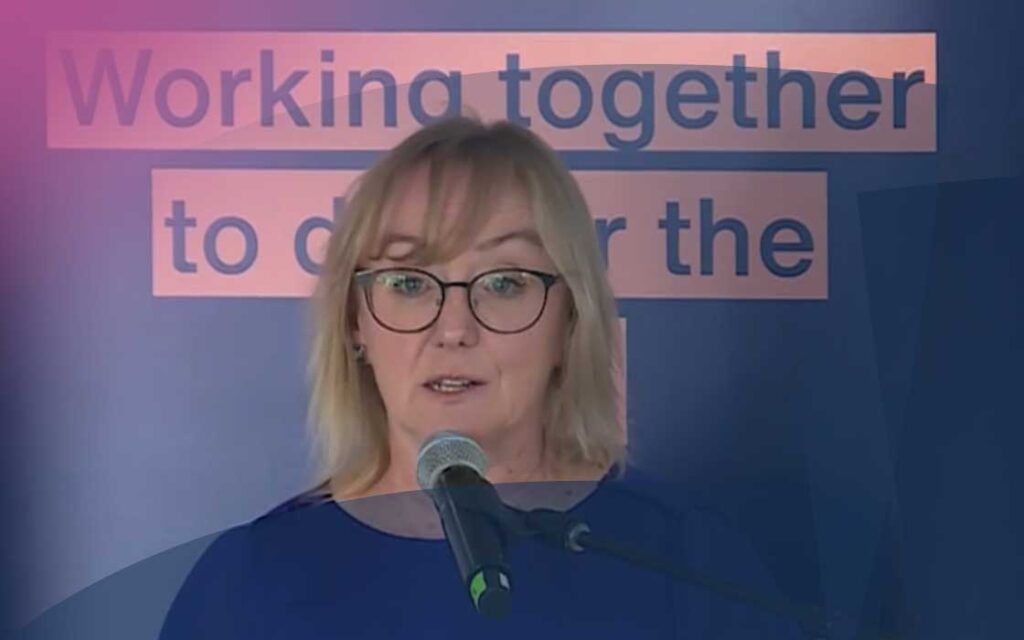
NDIS Reforms: The Future Course of The Scheme Unveiled
September 6th: The Review panel convened in Geelong to engage with the local disability community regarding the anticipated NDIS Reforms to the National Disability Insurance Scheme (NDIS). Geelong, known as one of the original NDIS trial sites accommodating individuals aged 0 to 65, was a pivotal location for these discussions.
Building upon the insights garnered from the ‘What We Have Heard’ report and Professor Bonyhady’s recent address, known as the ‘Magic Pudding’ speech at a Newcastle disability community event, the panel unveiled substantial NDIS reforms under consideration:
NDIS Reform Considerations:
Expansion of Foundational Supports
One key direction involves implementing comprehensive foundational support programs that align with mainstream services within the community.
Enhancing Participant-Centered Approaches
The panel aims to enhance the participant experience by adopting person-centered practices, ensuring responsiveness to intersectional disadvantages.
Reforming Access Criteria
An essential shift entails revising access to the scheme, emphasising significant functional impairment over strict medical diagnoses.
Clarifying “Reasonable and Necessary” Definitions
The panel intends to provide consistent and clear definitions of “reasonable and necessary” to streamline decision-making processes.
Early Intervention for Children
The incorporation of early intervention strategies employing evidence-based methods for children facing developmental concerns is another critical aspect of the proposed reforms.
Professor Bruce Bonyhady AM, a prominent figure in this endeavor, disclosed that the panel plans to present its recommendations to Disability Ministers by the end of October.
Subsequently, the responsibility for actioning these recommendations will fall upon Australia’s various levels of government, including Commonwealth, state, territory, and local authorities.
Minister Shorten has delineated three fundamental tasks for the NDIS Reforms:
- Enhance the experiences of participants and their families.
- Secure the sustainability of the NDIS.
- Restore trust in the Scheme.
“It is imperative to recognise that these core tasks—achieving positive outcomes, ensuring sustainability, and rebuilding trust—are interlinked and should be assessed collectively. The interconnection arises from the fact that sustainability within the NDIS framework hinges on enhancing participant outcomes. Simultaneously, the NDIS’s capacity to garner trust is contingent on its ability to deliver superior outcomes to its beneficiaries.” Minister Shorten then later further clarified the scheme’s direction.
“As I said, the initial rollout of the Scheme was carried out between 2013 and 2020 – and focused on getting participants into the Scheme. That was the individualised stage of the NDIS build. Going forward, in the 2.0 version of the NDIS, we need to focus on the community-wide stage of the build.” What is meant by a ‘community-wide stage’ is the notion of inclusivity, wherein our community collectively extends its care and concern to individuals both within and outside the National Disability Insurance Scheme (NDIS).
Statistically, approximately one in five Australians lives with a disability, yet only one in fifty Australians receives a personalised support package through the NDIS. The substantial majority of individuals with disabilities remain outside the purview of the NDIS, either because their needs can be met without an individualised package or because they can fully participate in the community provided there is a shift in attitudes and mainstream services become accessible and inclusive for people with disabilities.
It is important to note that prior to the NDIS individual rollouts, all levels of government in Australia, including local councils, committed to enhancing the accessibility of mainstream services to the broader community.
In Professor Bonyhady’s words, “Almost every part of the government is connected to the NDIS. The NDIS cannot be all things to disability, and so you cannot fix the NDIS without fixing everything that sits around it.” “It is in the national interest that governments should finish the job of building the NDIS and its eco-system as was envisaged in 2013.”
“Make no mistake, NDIS is here to stay. That is why our unifying purpose must be to ensure it realises the potential and keeps its promise to people with disability and their families.”
The webinars have been published in full on the NDIS click here
Articles and videos that may also interest you:
> Watch the NDIS Reform Webinar Click Here
> NDIS Scheme Faces Exodus of Large Providers Citing Unsustainable Finances
> Listen to the NDIS reform presentation Click Here

